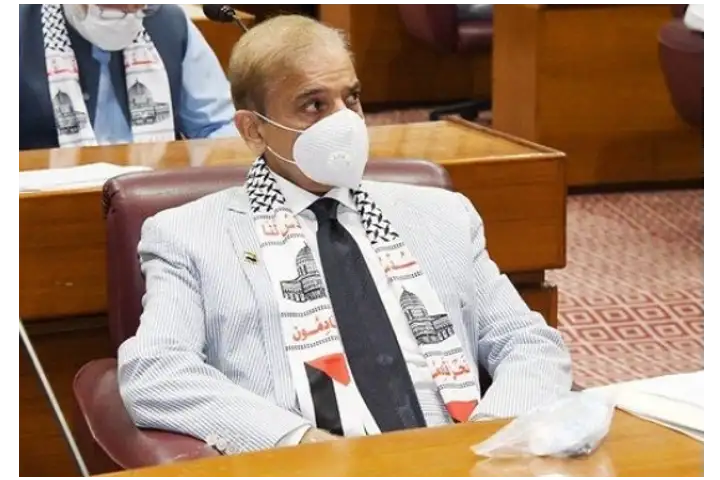After weeks of hectic negotiations, the International Monetary Fund (IMF) has finally agreed to provide $1.17 billion to cash strapped Pakistan under the extended fund facility (EFF), which was stalled. This will come as a huge relief for Pakistan, which has removed fuel subsidies by significantly increasing prices as well as taxes.
“Pakistan is at a challenging economic juncture. A difficult external environment combined with procyclical domestic policies fueled domestic demand to unsustainable levels,” Nathan Porter, who led the IMF team which was negotiating with Islamabad, said in a statement.
The $6 billion bailout package was signed in 2019 by former prime minister Imran Khan. However it was stalled after his government failed to adhere to the prescription set by the multilateral agency.
Pakistan is battling a rapidly dwindling economic situation with depleting foreign exchange reserves and surging debts.
Rising inflation has also hit the common Pakistanis.
The Financial Times in an article said that business leaders in the country still feel that the country continues to face “severe economic strains.”
“With interest rates as high as where they are right now, how can anyone sensibly borrow and run a business successfully? I expect rising unemployment and more poverty,” said the president of a private bank,” a president of a private bank was quoted by the news organisation as saying.
The bailout package will provide a breather to Pakistan but until the country brings in structural reforms in its economic policies, it is unlikely to have any long term benefits.
The country needs a staggering $23 billion in order to meet its foreign debt servicing requirements in 2022-23.
The Express Tribune recently said that Pakistan has got into the habit of seeking help.
Pakistan has already borrowed money from the IMF more than 20 times earlier. Not just that, it has repeatedly borrowed from other friendly nations including China and other Gulf countries as well.
Also read: Pakistan's forex reserves fall below the critical $10 billion mark as economy goes into free fall




















